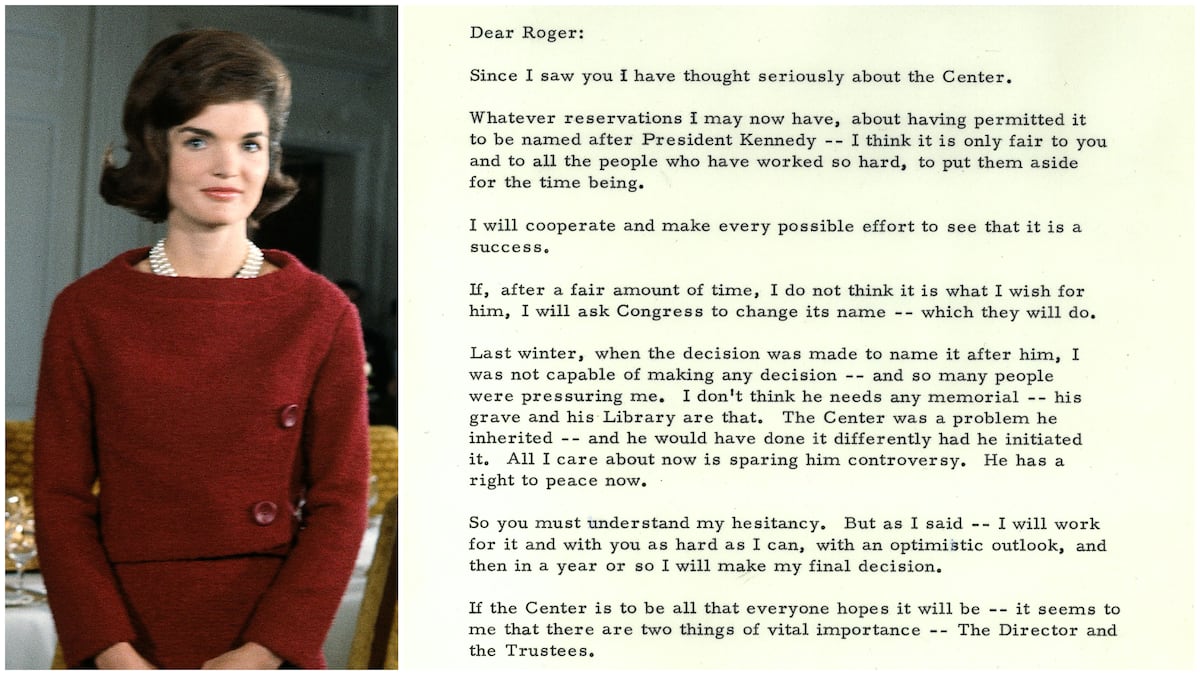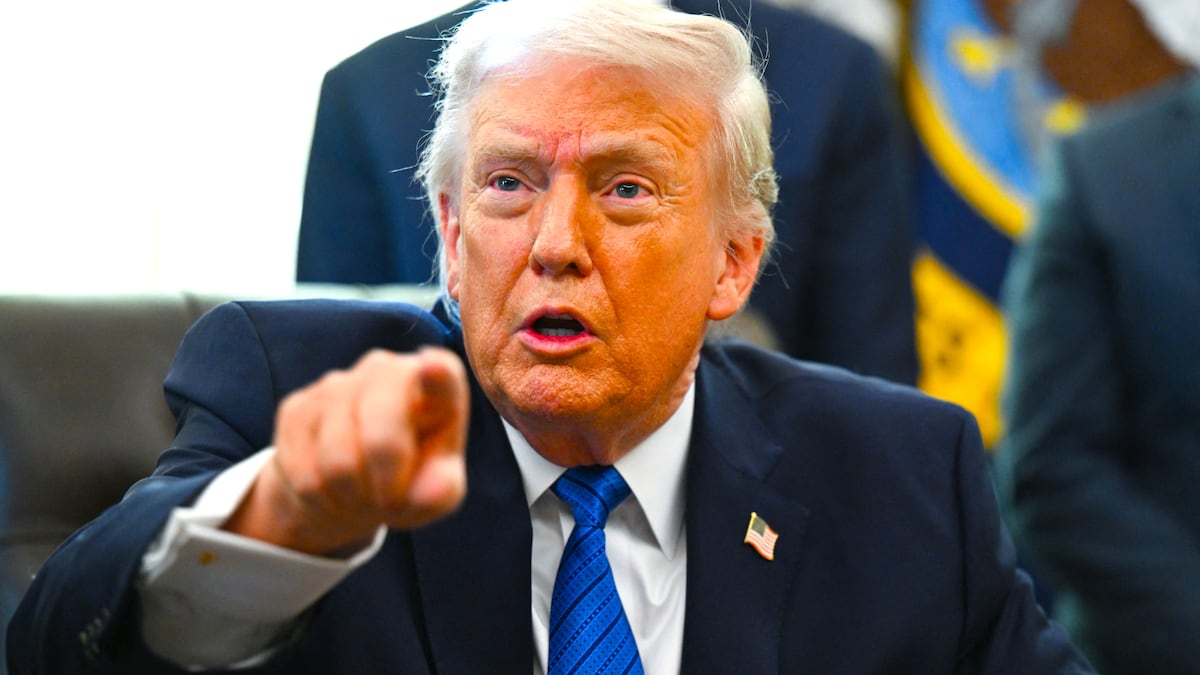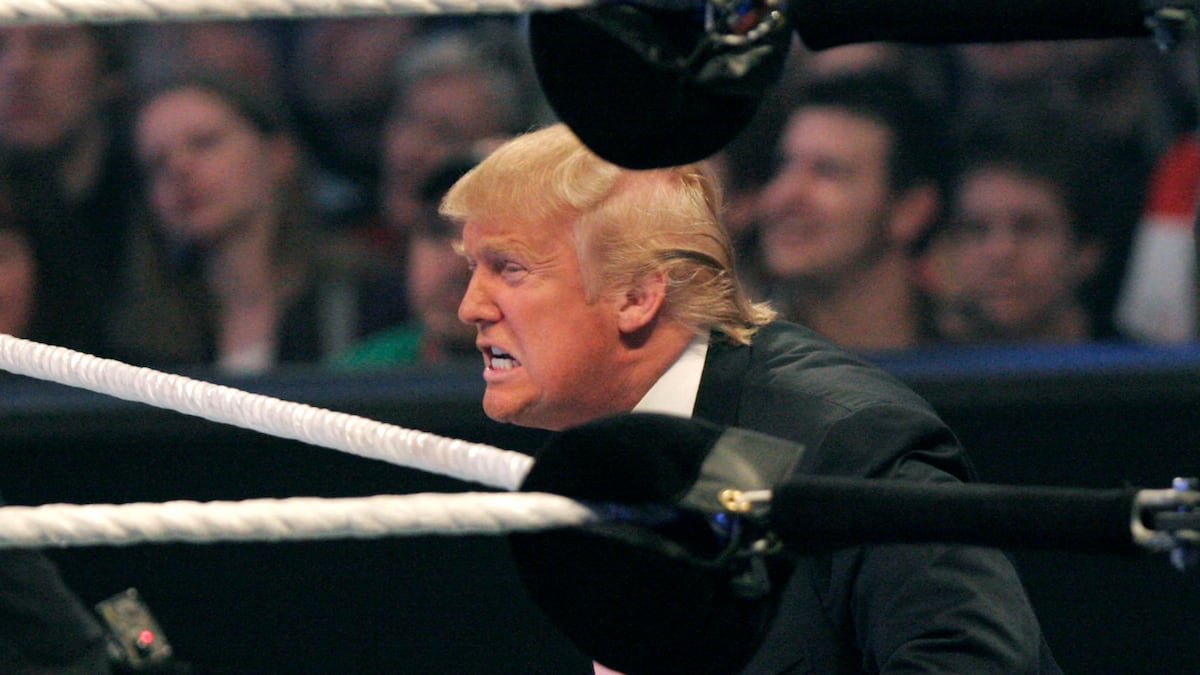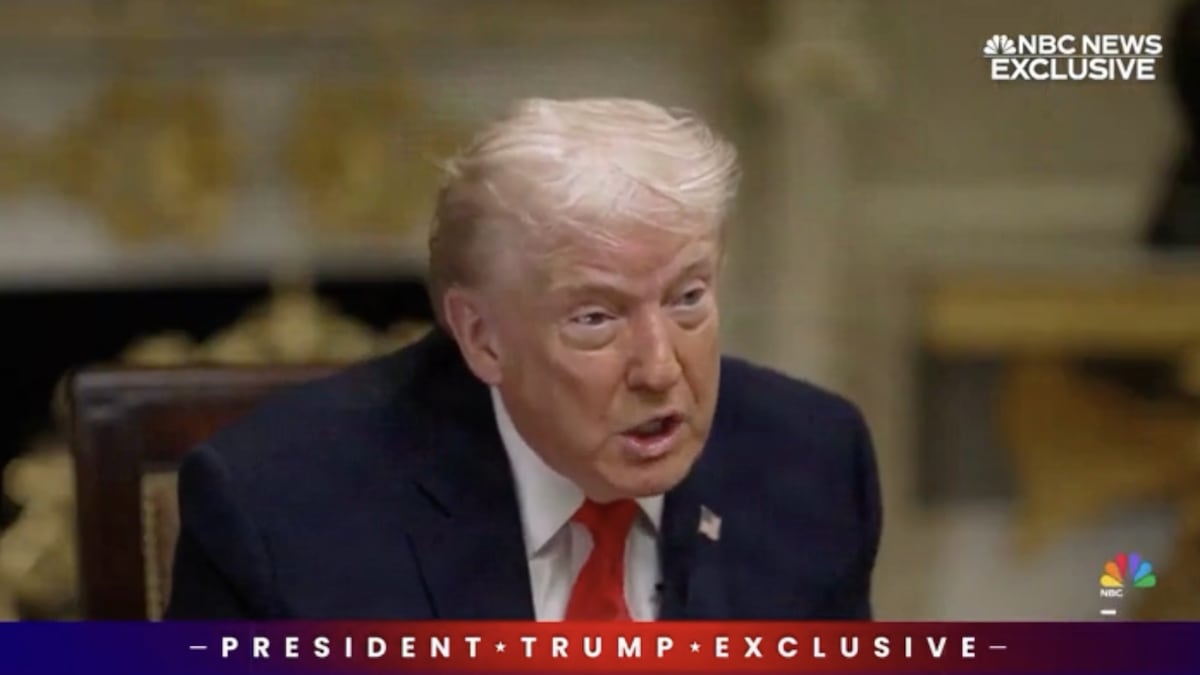The World Economic Forum in Davos is the new Time magazine of conferences, influential but always late to the party. If something was edgy, pressing or groundbreaking years ago, Davos is on it now. In 2013, our prophets of profits tackled systemic risk in complex, interconnected systems. Last year, the Masters of the Universe got hip to climate change. This year, they’re talking about Bitcoin. On tap for next year? Macklemore.
Last year at Davos, JPMorgan Chase CEO Jamie Dimon and U.S. Treasury Secretary Jack Lew derided Bitcoin as a shady currency for undesirable cyber punks. This year, LinkedIn CEO Reid Hoffman is singing the virtual currency’s praises to attendees. Hoffman thinks that Bitcoin might be a nice thing for poorer areas of the world where people lack access to traditional banking. It’s a nice thought, especially if you’ve ever traded U.S. dollars for bundled stacks of Nigerian Naira by the side of a muddy road in Port Harcourt, choosing your exchange rate from the dozens of calculators shoved in your face by entrepreneurial money changers. But it’s also not a nice thought because Bitcoin prices are insanely volatile.
Face it, if Bitcoin is a currency, it is a basket case. Bitcoins traded at over $800 at the start of 2014 and then lost more than half their value, ending the year near $200 per. In January, Bitcoin crashed again, hitting a low of $173, only to bounce back to $232.18, a 35% gain that we may be able to attribute to Davos buzz, oil prices or the European Central Bank’s plan to bring much needed stimulus to the economically struggling euro zone. Since Hoffman’s comments, Bitcoin is up about $20 overnight, anyway.
Or maybe Bitcoin prices recovered for none of those reasons.
There are no fundamentals at work here. Bitcoin is purely a play on sentiment. Its price is not a measure of worth so much as it is a measure of popularity.
Hoffman’s idea sounds sweet and techno-Utopian, but the last thing that the poor unbanked people of the world need is to transact in a currency where the only store of value is the enthusiasm of its adherents to convert their dollars. These people will be using Bitcoins to purchase goods that are based on commodities that are priced (most often) in U.S. dollars. During a year like 2014, unbanked savers relying on Bitcoin will become new age Milton Friedmans, declaring that “inflation is always and everywhere and internet phenomenon.”
Bitcoin is for speculators—for people with the inclination to try to time and ups and downs and the money to lose if things go badly. For talented chartists there is probably a lot of money to be made, even during a Bitcoin bear market. Already, people have devised ways to sell Bitcoins short. A long talked-about Bitcoin ETF awaits launch and if that happens, people will be able to buy long, sell short and probably write or purchase options. Some people will be good at this game, most will be bad at it and investors are better off sticking to currencies, commodities, stocks and bonds that have intrinsic value.
By intrinsic value, I mean a bondholder’s contractual right to a cash payment outside of bankruptcy or a stockholder’s claim on corporate assets free and clear of debt. I even mean the claim that an owner of U.S. dollars can make on the full faith and credit of the U.S. government. That’s a controversial claim among Bitcoin lovers and those obsessed with gold. They criticize the dollar as a fiat currency backed by not much more than words and the largesse of the Federal Reserve. But this ignores the world around us.
The U.S. government is in debt, yes. But its debts fuel global consumption and spur global production. With its borrowed money, the U.S. has also built a gigantic, far-reaching military machine that, among other things, makes global commerce possible. The faith and credit of the U.S. government has intrinsic value because the U.S. plays a practical, important and vital role in making the economy work. As for the debt, you can’t judge a country just by the disparity between its revenue take and it’s spending. The U.S. has hundreds of trillions of dollars’ worth of assets. In 2013, the Institute for Energy Research valued just the recoverable energy assets of the country at $128 trillion. In the face of all that, the dollar seems to have much greater intrinsic value than a sentiment-driven digital currency.
Reid Hoffman is wrong. What poor people without banking systems need are decent banking systems, free of corruption, run in the public’s interest. Volatile Bitcoin is a ticket to Zimbabwe-style hyper-inflation at worst and, at best, a cycle of booms and busts fueled by anonymous traders accountable to no one.
Leave it to the soothsayers of Davos to be talking about Bitcoin now (so 2013) when just the other day the Swiss Franc shocked the world economy.





